Sariya Lakoba is an example of tremendous female loyalty, patience and sacrifice, the greatest woman of Abkhazia, as Fazil Iskander called her for the fidelity of her husband's memory, whom she did not give up even being tortured, paying for it with her own life.
Arifa Kapba
The short period of 35 years that her fate measured out included a happy love and motherhood, the brilliance of the magnificent receptions and the disposition of those in power, serving her husband and family and the terrible two years in the dungeons of the NKVD (People's Commissariat of Internal Affairs of the RSFSR - ed.), from where she no longer came out.
Sariya (or Sariye) Lakoba was born in 1904 in the town of Batum in the family of a wealthy Ajarian Ahmed-Mamed Jih-Oglu. The girl’s family, where in addition to her there were six more children, owned several houses on the coast of Batum, which were rented out, as well as her own bakery and shops. Sariya’s mother, Melek Patlandzia, was an Abkhaz, originally from the town of Ochamchira. «This simple woman, who was still in her veil in the early 1920s, managed to perfectly raise seven children. All of them were very friendly with each other and adored their mother,» Adile Abbas-Oglu writes in her book «I Can't Forget».
Meeting Nestor
Sariya met her future husband Nestor Lakoba (later the chairman of the Council of People’s Commissars of Abkhazia - ed.) in her own house in Batum. Her elder brother Aki was friends with Nestor, and he hid the Abkhazian friend from the Mensheviks at home. Sariya was then only fifteen years old. A slender brunette with big brown eyes immediately attracted Nestor, and the girl also fell in love with a young revolutionary. They escaped together. The brothers and parents of Sariya, who initially opposed her marriage, eventually calmed down and accepted Nestor as a worthy son-in-law. The poet and translator Sergey Lipkin wrote a poem about the Lakoba family, which he called «Nestor and Saria». This unpublished work fell into the hands of the historian Stanislav Lakoba from Fazil Iskander, who personally knew Lipkin, with whom they were published in the literary anthology «Metropol».
In her eyes he read constancy
What was the light, free, like space,
And stronger than brother's wrath and threats
Father, and bitter maternal tears,
And the fortress stronghold of Islam ...
He understood everything, he gave her in full,
He said in the Revolutionary Committee: «Here is my wife.»
Sariya married Nestor, not even having time to finish school. She received her education from tutors whom Nestor invited home especially for his young wife. After passing the exams, Sariya received a high school diploma. «For the Ajarian girl at that time, it was a real feat, because many Muslim Ajarians in the twenties were completely in veil. She did not stop there. Reading a lot, Saria took up self-education. Natural elegance and delicate taste complemented a sharp mind and knowledge of etiquette. Like a butterfly from a pupa, Sariya transformed from a girl from mountains into the first lady of the country,» Nadezhda Lyutakhina writes in her essay «Sariya is returning home.»
Happy life in Sukhum
Sariya and Nestor, his mother and other closest relatives lived in a large mansion in Sukhum at the corner of the today’s Lakoba and Zvanba streets. The most vivid details of the life of this extraordinary couple were left by the daughter-in-law of Sariya - the wife of her younger brother Emdy - Adile Abbas-Oglu writes in her book «I Can't Forget». She describes Sariya as a person of the finest taste in everything, ranging from clothing to the ability to create comfort in the house.
«She had a lot of jewels, mostly donated by her brothers — Nestor did not consider it possible to spoil his wife too much, but she never showed them off, considering it to be a bad tone. For example, if she put on an expensive ring, then she tried to choose more modest earrings. Our wives of officials tried to imitate her,» writes Abbas-Oglu.
Other women often came to Sariya for advice, and she knew how to give it, without offending anyone, gently and heartily. She advised her daughter-in-law Adile to read the book «The rules of good tone» of 1864. She herself knew this book almost by heart.
First among equals
Sariya was the soul of the house of Lakoba. She was very concerned about introducing everyone to European culture. So, for example, she tried to have everyone in the house use cutlery (in the Abkhaz tradition, it is customary to eat national dishes with hands - ed.). And, as Adile Shakhbasovna notes, she did it «not because Abkhaz customs didn’t suit her - she just thought it important that Nestor Lakoba’s surroundings looked civilized, and Nestor Apollonovich was very grateful for that.»
In 1921, the son Rauf was born to Nestor and Saria. A handsome black-eyed boy, he was very much like his mother. His nanny was Abkhaz Nazia Khonelia, she taught him the Abkhaz language and traditions. And Sariya tried to make her son get a good education; there were Russian and French books in his children's library.
The hospitable hostess, Sariya cooked beautifully, including national dishes, she herself was engaged in serving the table for her guests, and received the most senior and famous people in this house. She was very fond of music and danced beautifully - there was a gramophone given by Stalin in the house. By the way, the leader’s family indulged Sariya with gifts: she received a small lady’s pistol from Stalin’s wife Svetlana Alliluyeva, and Stalin himself presented the first lady of Abkhazia with a car she drove with pleasure.
Before 1936, the life of the family of Nestor and Sariya seemed cloudless. Everything changed when Stalin invited Lakoba to take the position of the People's Commissar of Internal Affairs. The head of Abkhazia refused, because he understood that they want to remove him away from the republic in order to «untie the hands» of Beria, who had long been carrying out plans to «georgianize» Abkhazia.
Nestor's last trip
When one of the December evenings, Nestor announced that he was going to Tbilisi alone, where Beria immediately called him, Sariya, who always accompanied him on trips, began to argue. But Nestor was adamant: he definitely did not intend to take his wife with him and wanted to go only with a personal driver. «Tired of hearing that my wife is my bodyguard, she doesn’t let me go anywhere alone!» - Nestor blurted out in hearts and left the room.
But before he got into the car, a shot rang out. Here is how Abbas-Oglu describes it: «Nestor Apollonovich began to descend. Less than a minute later, a deafening shot rang out from the street. Sariya screamed terribly and, horrified, losing control of herself, rushed down the stairs, we all followed her. A smiling Nestor stood at the door, holding a gun in his raised hand. He hugged Sariya, terrified, and said: I am now convinced that if something happens to me, you, Sariya, will cry bitterly.»
An ominous prophecy came true almost immediately. Nestor did not return alive from Tbilisi. Because of the plan for the settlement of Abkhazia by Georgians, which Beria showed Lakoba, they had a serious argument. Nestor was terrified and rejected these plans, saying: «Only over my dead body.» That same evening he was gone: at a dinner in Beria’s house, where he was practically forced to come, allegedly for reconciliation, by the mother and wife of the latter, the head of Abkhazia was poisoned. Later, during the autopsy, the poison was revealed - potassium cyanide.
When terrible news came to the house, there was no limit to Sariya’s grief. She screamed and tore her hair, clutching her son to herself, whispered to him so that he wouldn’t be afraid, that «Comrade Stalin» would help them. For a long time, it seemed to her that a family friend did not know anything about what had happened to her husband. But for all the days of farewell to Nestor, when thousands of people came to the Abkhaz Drama Theater, where the coffin with the body of the deceased was installed, and hundreds of telegrams of condolence from all over the world were brought to her personally, she never received the news from «Comrade Stalin».
Life without Nestor
A month after Lakoba’s funeral, bad rumors began to spread about him, his portraits were removed from everywhere, arrests finally began: people were summoned to the NKVD, after which they disappeared without a trace. When this happened to one of Sariya’s brothers Medzhit, she took Rauf and went to Moscow to ask for an audience with Stalin. But she failed to get to the Kremlin. The woman returned to Abkhazia, broken and depressed.
All his closest relatives together with Nestor were announced «public enemies». In the fall of 1937, the entire republic listened carefully the radio receivers, which were broadcasting the course of the case of «thirteen Lakobovtsy». Mikhail and Vasily Lakoba, Konstantin Inal-Ipa, Mikhail Chalmaz, Vladimir Ladaria and other friends and associates of Nestor found themselves in the dock. All of them will be later shot. And their wives and children will follow them - someone will die, someone will spend their lives in prisons.
Realizing that the clouds were gathering over the family, Sariya managed to save the archive of her husband. According to Abbas-Oglu, she and her brother purposely burned Trotsky's letters and other dangerous papers in the yard with witnesses, but at the same time put many other documents in a box, which she packed in thick foil and hid in a cache in the house.
When Lakoba was declared a «public enemy» and a real hunt was launched for those who allegedly plotted against Stalin, rumors began that Nestor’s grave at Mikhailovsky cemetery in Sukhum could be destroyed. It is said that Sariya was able to remain loyal to her deceased husband even here. According to the official version, the body of Lakoba was excavated and burned in the Mayak area (Sukhum district - ed.). However, Adile Abbas-Oglu in her book recalls that Sariya, mother of Lakoba Shakhusna and brother of Sariya Emdy (husband of Adile), having heard about the forthcoming plan of abduction, managed to agree with the guard of the cemetery and themselves stole Nestor's body. Adile is sure that he was buried in his native Lykhny, but where exactly - only Sariya and Shakhusna knew. Sariya didn’t allow Emdy to come to the burial process, fearing that he could be tortured to find out this information. And Nestor's mother and his wife took this secret with them to the grave.
Sariya was arrested in August 1937. She was taken straight from the house, after having turned it upside down in search of some documents that were supposed to expose Nestor as «public enemy». In the dungeons of the NKVD Sariya had to face the most savage torture and harassment. She was placed in a punishment cell, tortured in front of her brothers, and then brothers in front of her. When this did not help to achieve confession from Sariya that Nestor was plotting against Stalin, they confronted Sariya with her son Rauf.
The boy was beaten right in front of his mother. Here is how Adile Abbas-Oglu writes about it:
- Save me, Mom, - he asked. - Say all they command.
- Be patient, son, - answered Sariya, - be patient ... Your father was a pure man. But they won't let us go anyway ...
«Here is my signature …»
Time passed, but all attempts to obtain testimony from Sariya, denouncing her husband, were in vain. Even snakes went into action: knowing that the woman was scared of them to death, the investigators launched creeping reptiles into her punishment cell. Heartbreaking cries of Sariya were heard in all the cells.
«Her mind was darkened,» writes Adile Abbas-Oglu, who at that time was also arrested and was in one of the neighboring cells.
«She kept crying, and sometimes she laughed like mad, or was angry with someone screamed. After such attacks she had blood coming from her throat (the lungs were beaten off). Soon she went to the prison hospital with hemoptysis. The patients cared for her as best they could, the doctor sneaked her injections in order to alleviate her sufferings a little. She could not get out of bed, which consisted of rags and straw. Bent like an old woman, Sariya was lying on her bunk, gasping.»
On May 16, 1939, she lay dying in one of the cells of the Ortachalsky prison in Tbilisi. When the investigator came to her with the papers and once again ordered to sign documents, recognizing that her husband had betrayed Stalin, Sariya stood up, leaned over and doused the papers with blood, saying only: «Here you have my signature forever».
The terrible fate awaited her only son. According to Abbas-Oglu, Rauf Lakoba was convicted and sent to a high security camp. A few years later, he wrote a letter to Beria asking for permission to return to his homeland, saying that he wanted to study, work. Beria was furious that «Rauf-serpent» was still alive, and demanded to immediately deliver the young man from the camp and continue the trial of his case. At each interrogation, Rauf was again demanded to recognize his parents as «public enemies», he was also offered to make an accusation against them in the press and on the radio, and for this they promised life. Rauf refused and then the torture began.
According to one version, he died without regaining consciousness after another such torture. According to another, Rauf Lakoba was shot on July 28, 1941.
Recently, circumstances have opened, from which it became authentically known that Rauf Lakoba, along with other young men from the Lakoba clan - Nikolai Mikhailovich Lakoba-Grigolia and Tengiz Vasilievich Lakoba - are buried at the so-called «Kommunarka» shooting range in Moscow. All of them were arrested in 1937, accused of participating in a counter-revolutionary organization and shot in 1941.
This discovery was followed immediately after the grandson of Ephraim Eshba Viktor Eshba-Abrahamyan found the name of his grandfather on the special object of the NKVD - the shooting range «Kommunarka». It puts an end to the discrepancies about when and where the son of Saria and Nestor died, because earlier there was also the opinion that Rauf died, unable to withstand brutal torture.
Writer Fazil Iskander, at the celebration of his 75th birthday in Abkhazia, said such words about Sariya: «No one will hinder us to consider her the greatest woman in our country, not only in Abkhazia, but in entire Russia, because her greatest torment is a historical fact. And the historical fact that her loyalty to her husband, loyalty to the truth of his life has set herself above her life ... It seems to me that Abkhazia owes this greatest woman a monument. Abkhazia lacks this monument.»
Several times public initiatives were launched to establish a monument to this heroic woman. Someone even proposed to erect a monument to Sariya right outside the house-museum of Lakoba and call it «Sariya is returning home.» However, yet it does not go beyond talking.
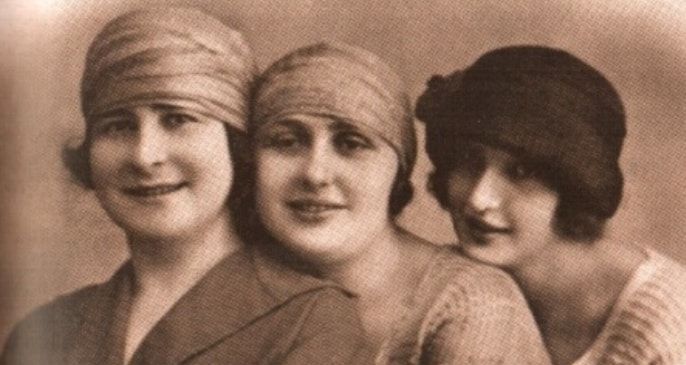

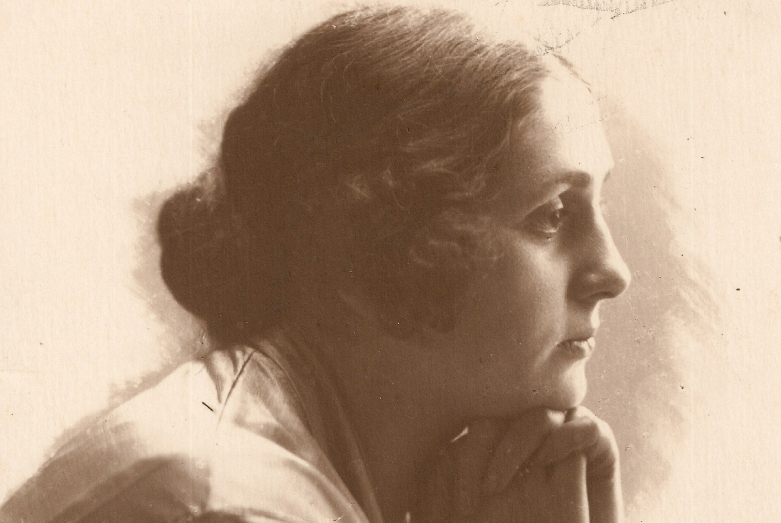
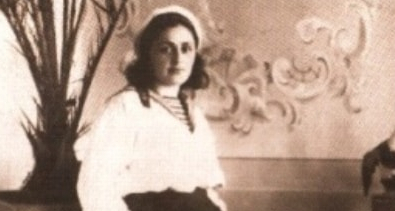
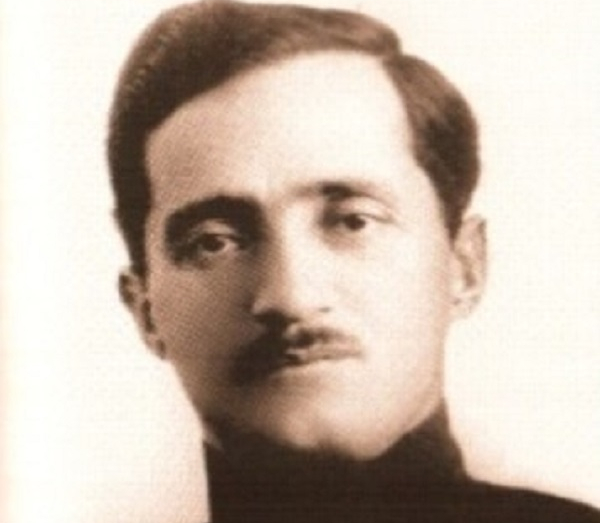
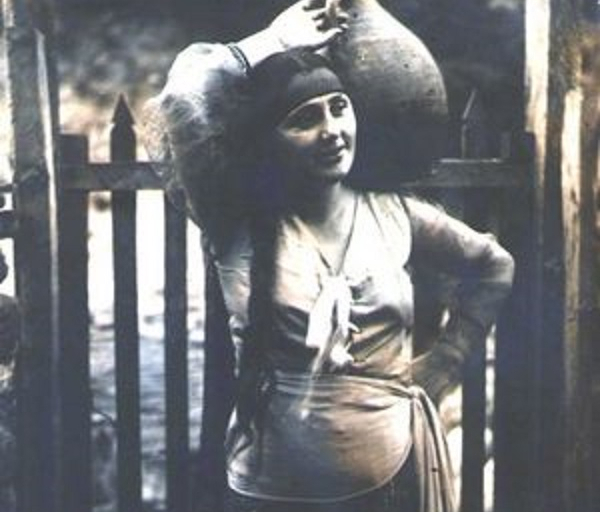
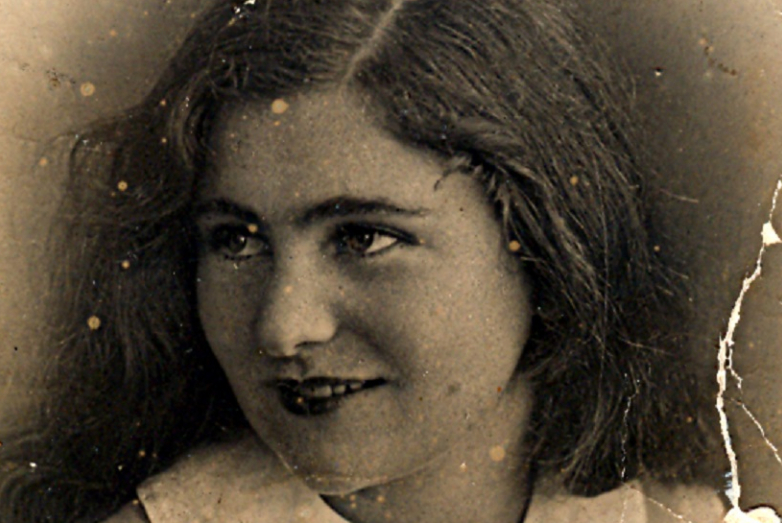
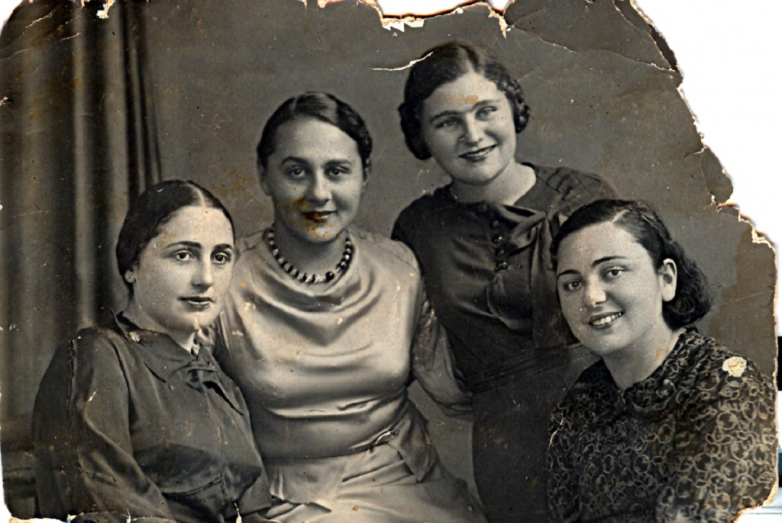
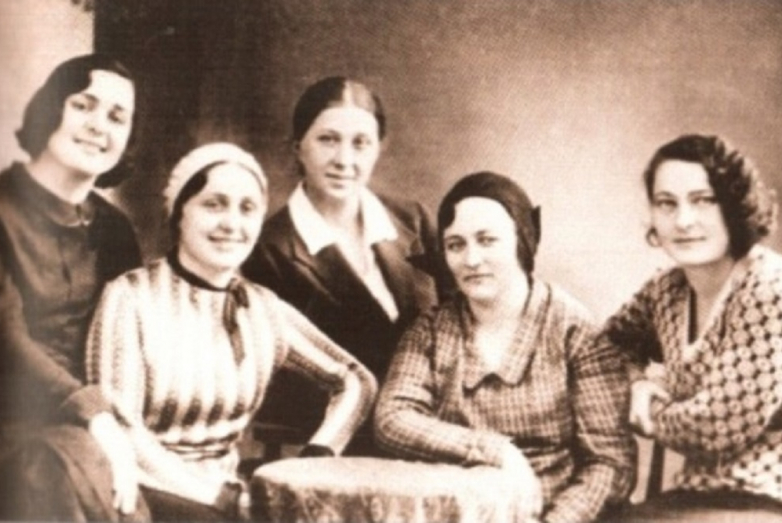
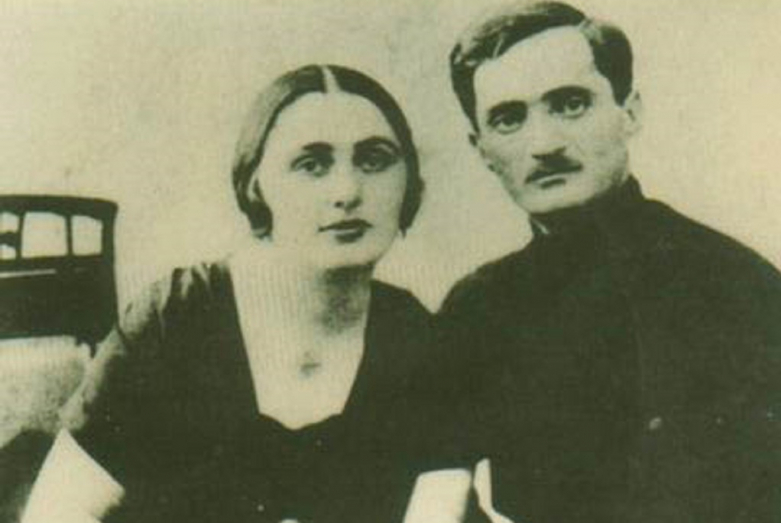
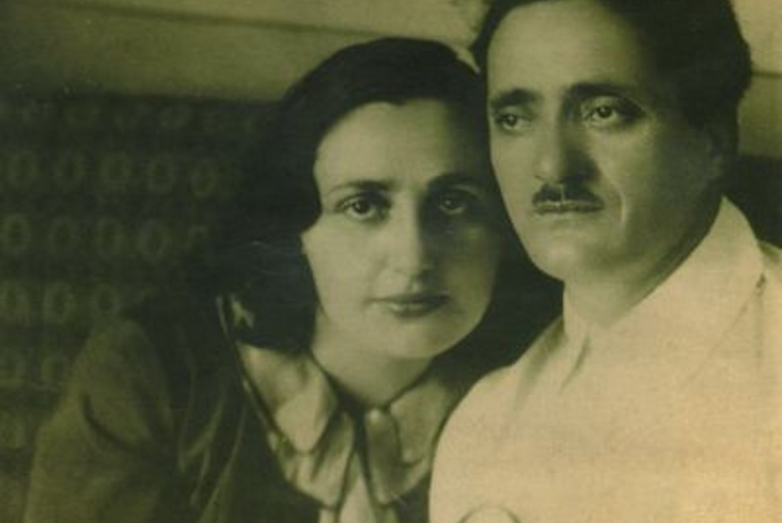
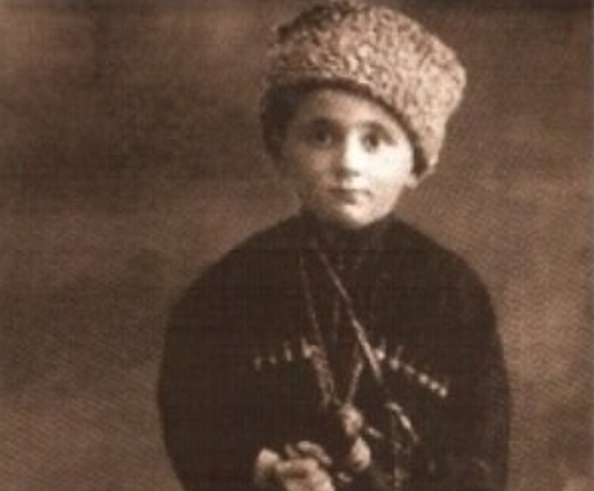
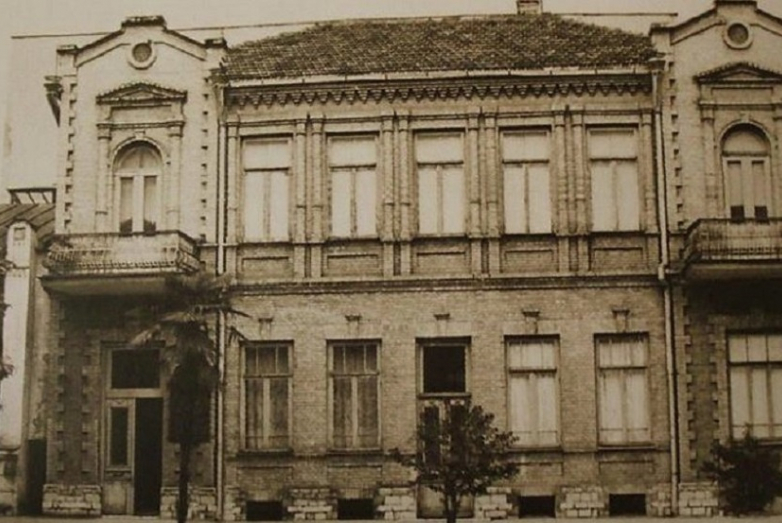
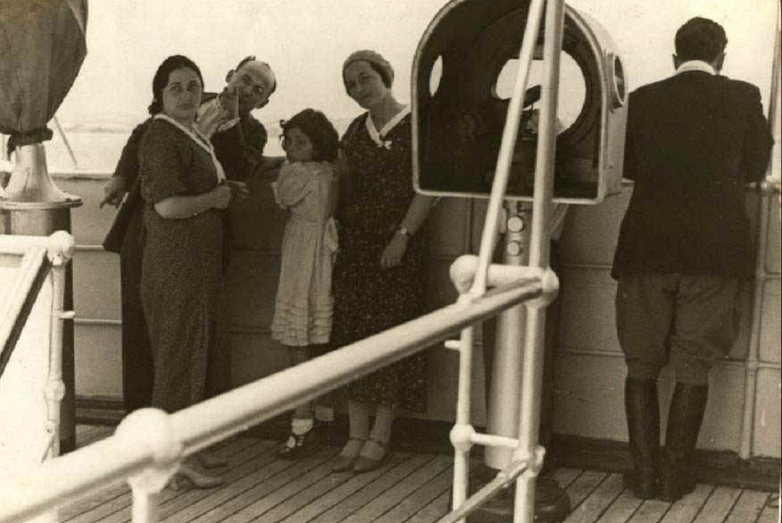
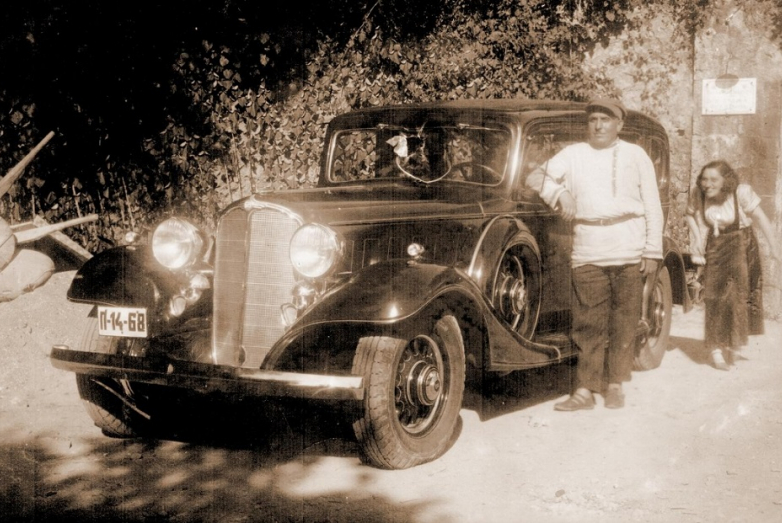
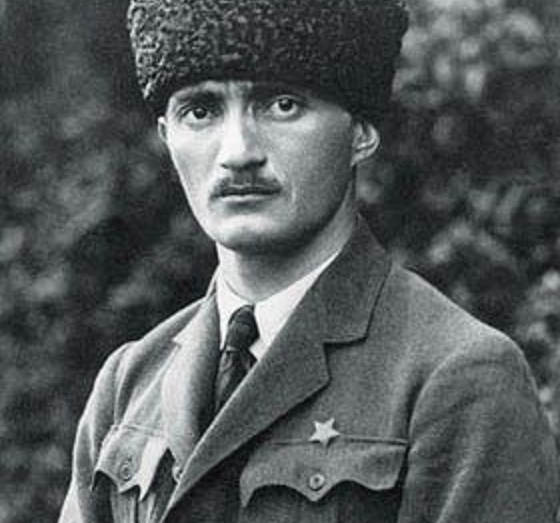
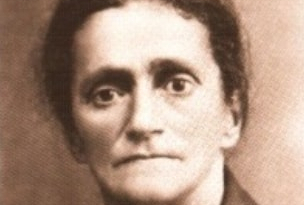
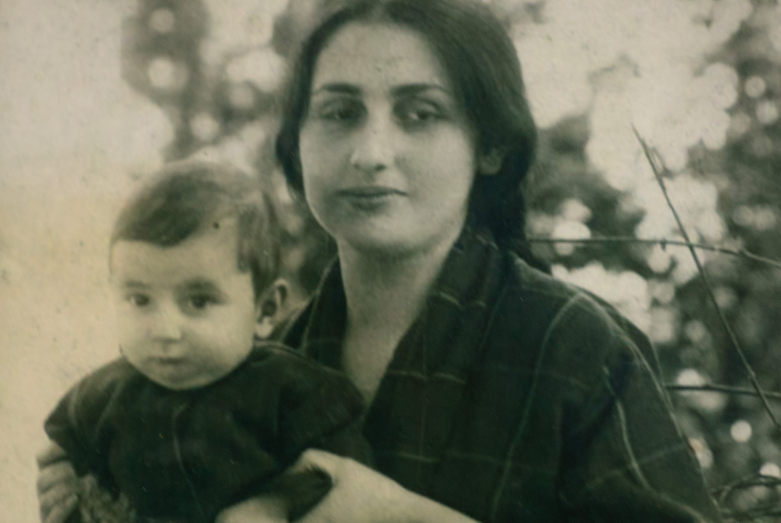
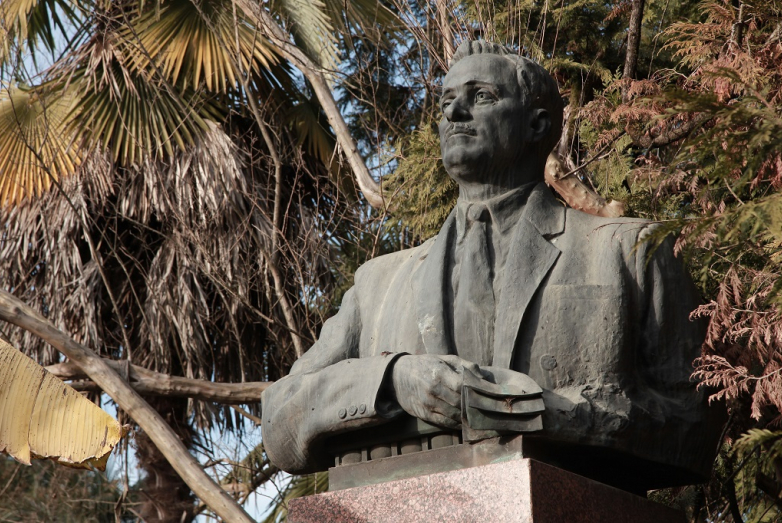
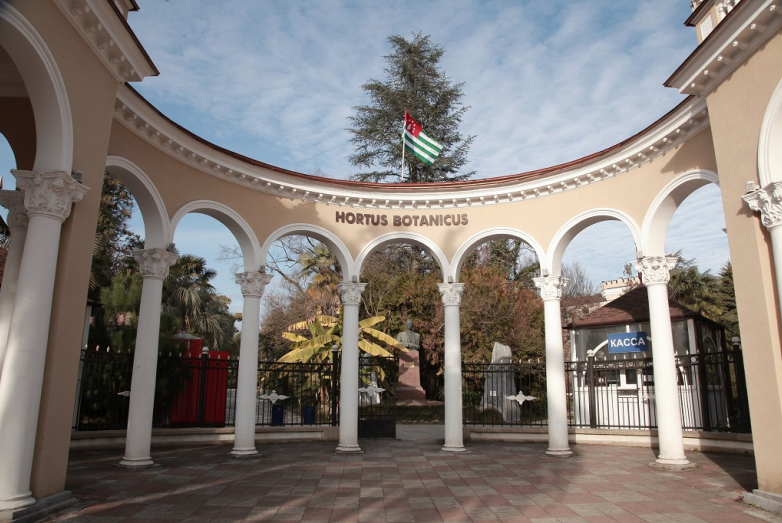
to login or register.